Has A Subwoofer
Sony SRS XG300
✗
JBL Pulse 5 ✓
A subwoofer is a speaker that delivers lower frequencies in the range of 20 -200Hz, the low frequencies are produced by instruments such as pipe organs, bass guitars, even the kick drums, and any explosive sound effects say in a movie. Devices that have a subwoofer inbuilt give a richer bass sound when listening to bass-heavy music like hip hop.
Has Stereo Speakers
Sony SRS XG300
✓
JBL Pulse 5 ✓
JBL Pulse 5 has stereo speakers, what this means is that JBL Pulse 5's speakers deliver sound from separate channels on both left and right sides, this creates a richer sound and a better listening experience.
Both Sony SRS XG300 and JBL Pulse 5 have stereo speakers
Driver Unit Size
Sony SRS XG300
61mm
JBL Pulse 5 ✗
The driver unit is the component that produces sound in the device, its size dictates the loudness of the headphone. Sony SRS XG300 driver unit is 61mm in diameter, bigger drivers are more powerful and can produce better bass.
Drivers Count
Sony SRS XG300
4only
JBL Pulse 5 ✗
A speaker driver is an individual transducer that converts electrical energy to sound waves. Drivers come in different sizes and modes, but generally, you'll find three types: tweeter driver, which handles the high-frequency treble range (above 2,000 Hz), and midrange driver: which handles the midrange frequencies (200 Hz to 2,000 Hz). Woofer driver: handles the low-frequency bass range (below 200 Hz).
Based on the frequencies they handle more drivers may result in better sound quality, Sony SRS XG300 has 4 only.
Has A Passive Radiator
Sony SRS XG300
✓
JBL Pulse 5 ✓
A passive radiator is a type of driver in speakers that can get extra power and resonance from a speaker system, usually used in smaller speaker systems. This radiator is called passive because it is not powered by electricity but by air pressure found in speaker cones.
The sound vibrations produced by a passive radiator depend on its mass and the size of its enclosure. It is usually used in combination with a woofer to produce deep, resonant tones that would normally be produced by speakers in large boxes powered by AC.
The Sony SRS XG300 and JBL Pulse 5 both have a passive radiator
Lowest Frequency
Sony SRS XG300
20Hz
JBL Pulse 5 70Hz
Low-frequency response measures if and how well an audio component reproduces low audible frequencies and if it makes any changes to the signal while at it. JBL Pulse 5's lowest frequency is at 70Hz, the lower the low-frequency response, the stronger and juicier the bass.
Sony SRS XG300's lowest frequency is at 20Hz, this means that
JBL Pulse 5 got a juicier bass than the Sony SRS XG300
Highest Frequency
Sony SRS XG300
20,000Hz
JBL Pulse 5 20,000Hz
High frequency response measures if and how well an audio component reproduces high audible frequencies and if it makes any changes to the signal on the way through. JBL Pulse 5's highest frequency is at 20,000Hz, the higher the high-frequency response, the clearer and crispier the treble.
Sony SRS XG300's highest frequency is at 20,000Hz, this means that
both devices produce equal treble
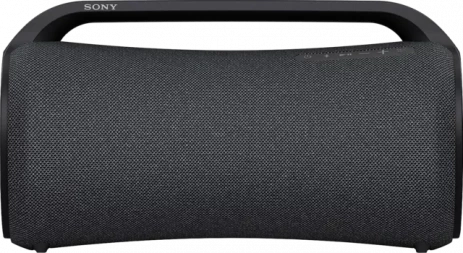
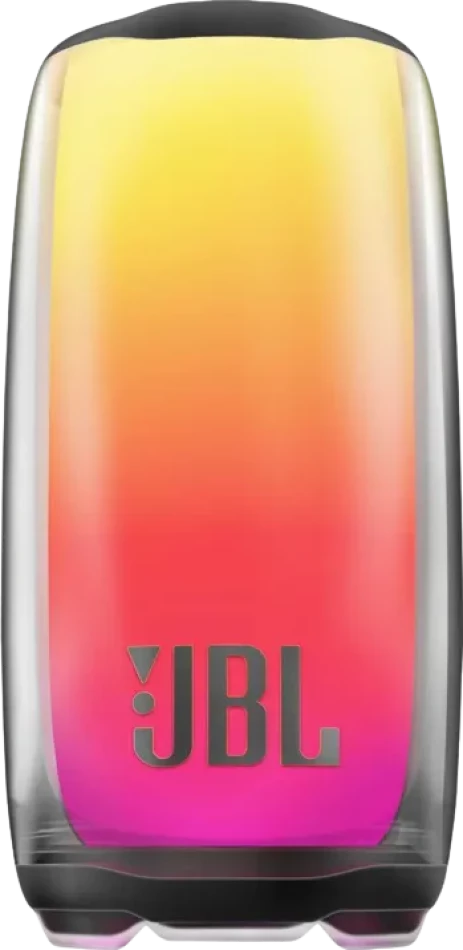
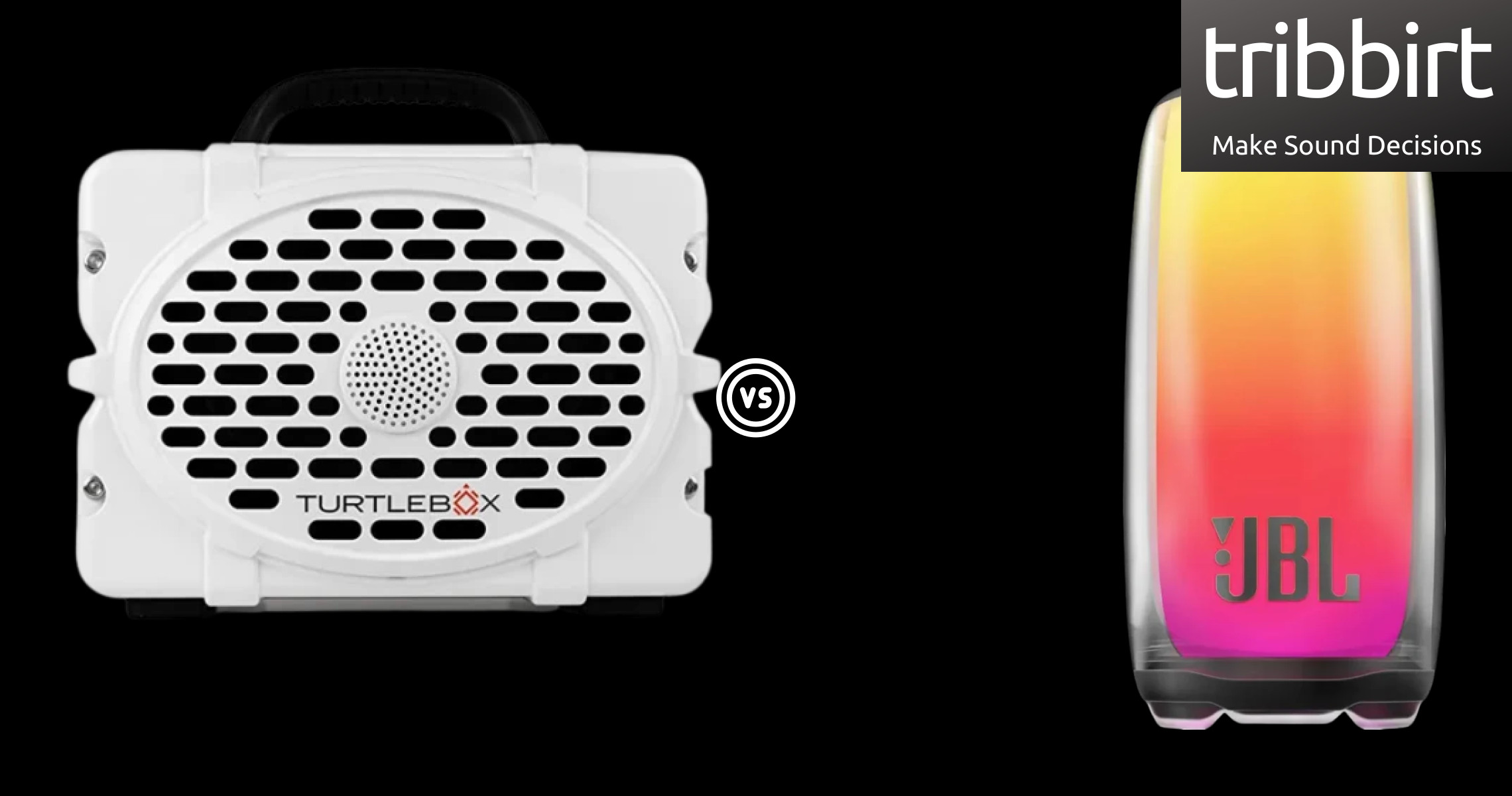
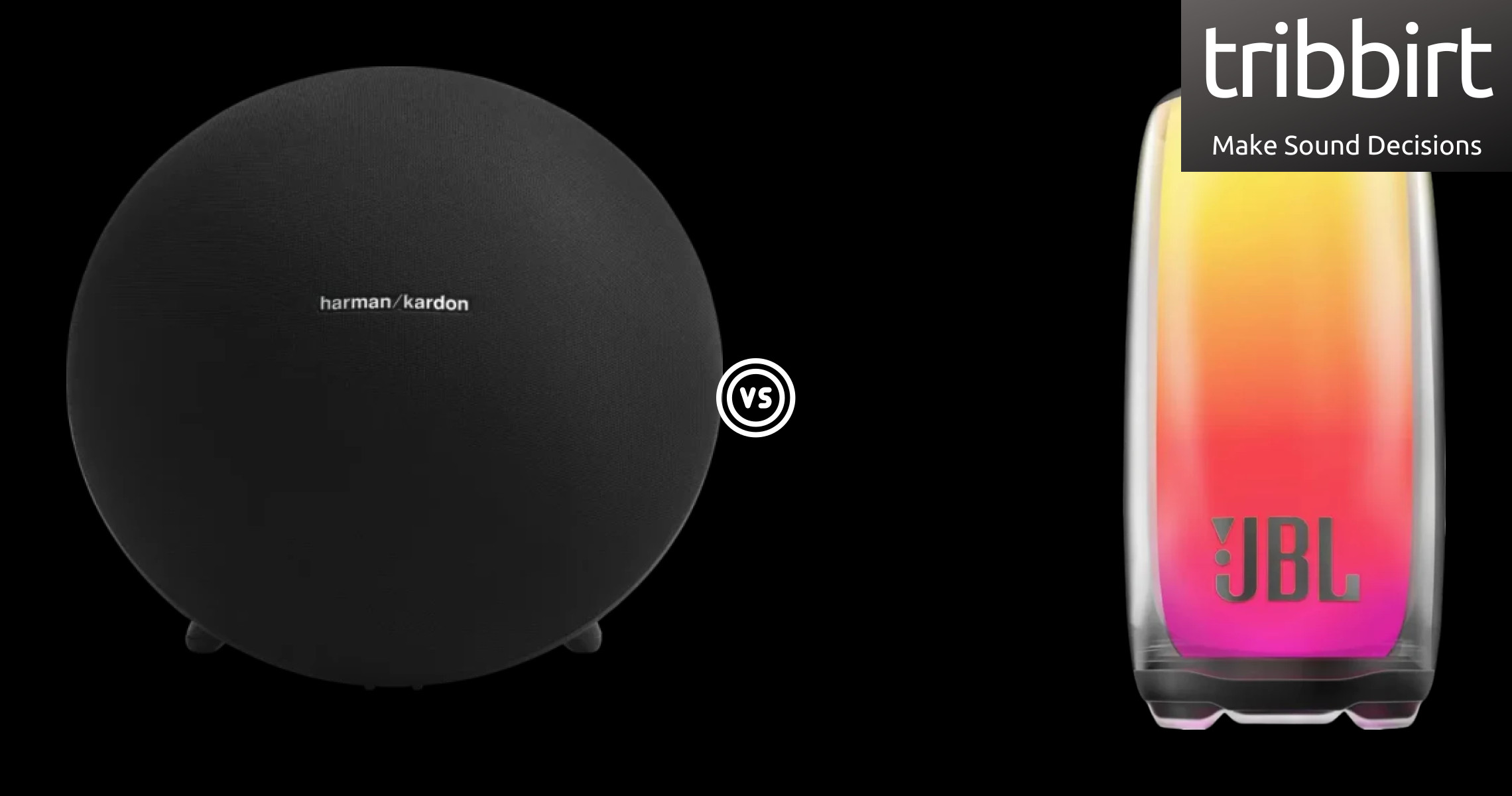
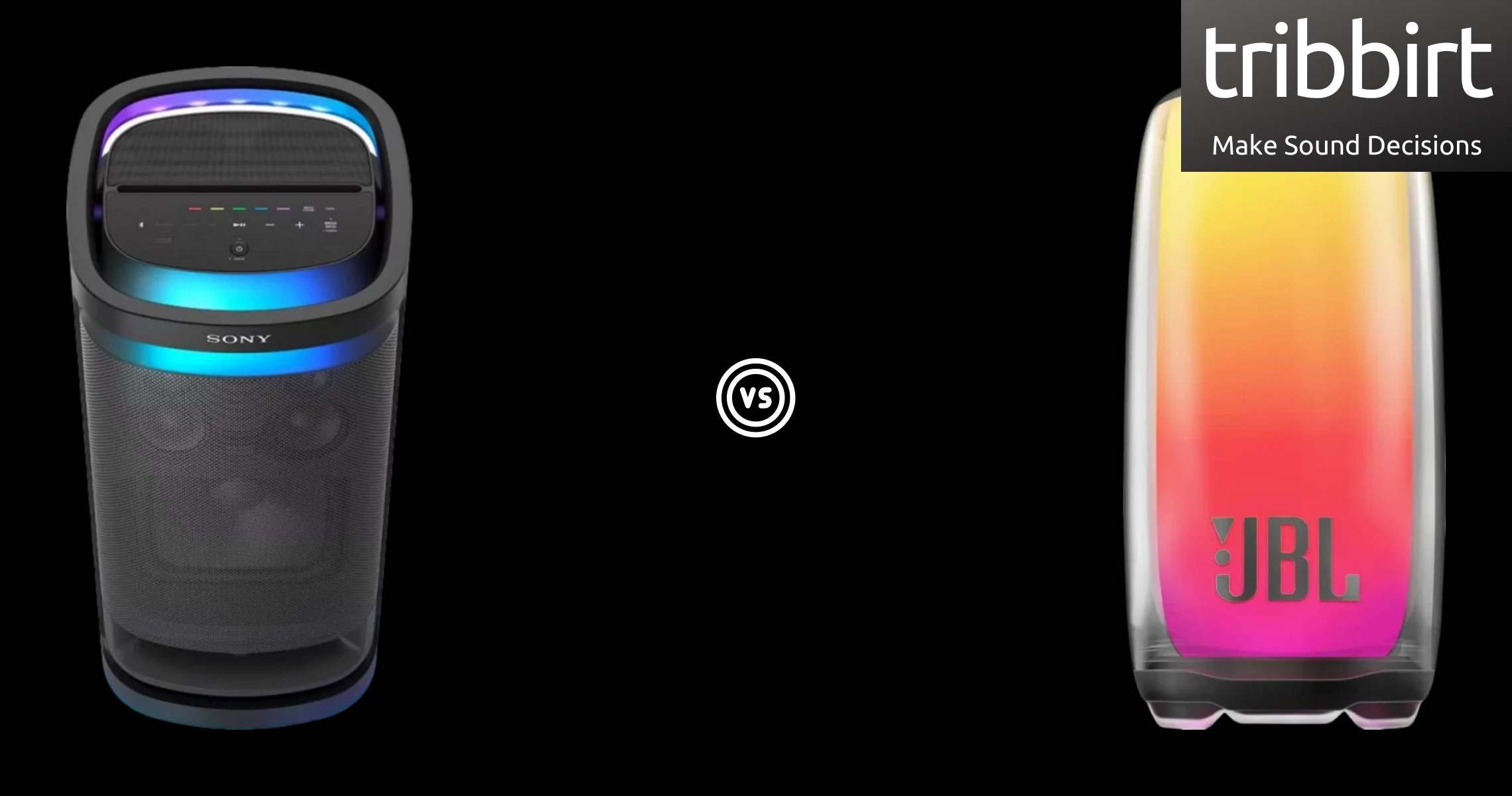
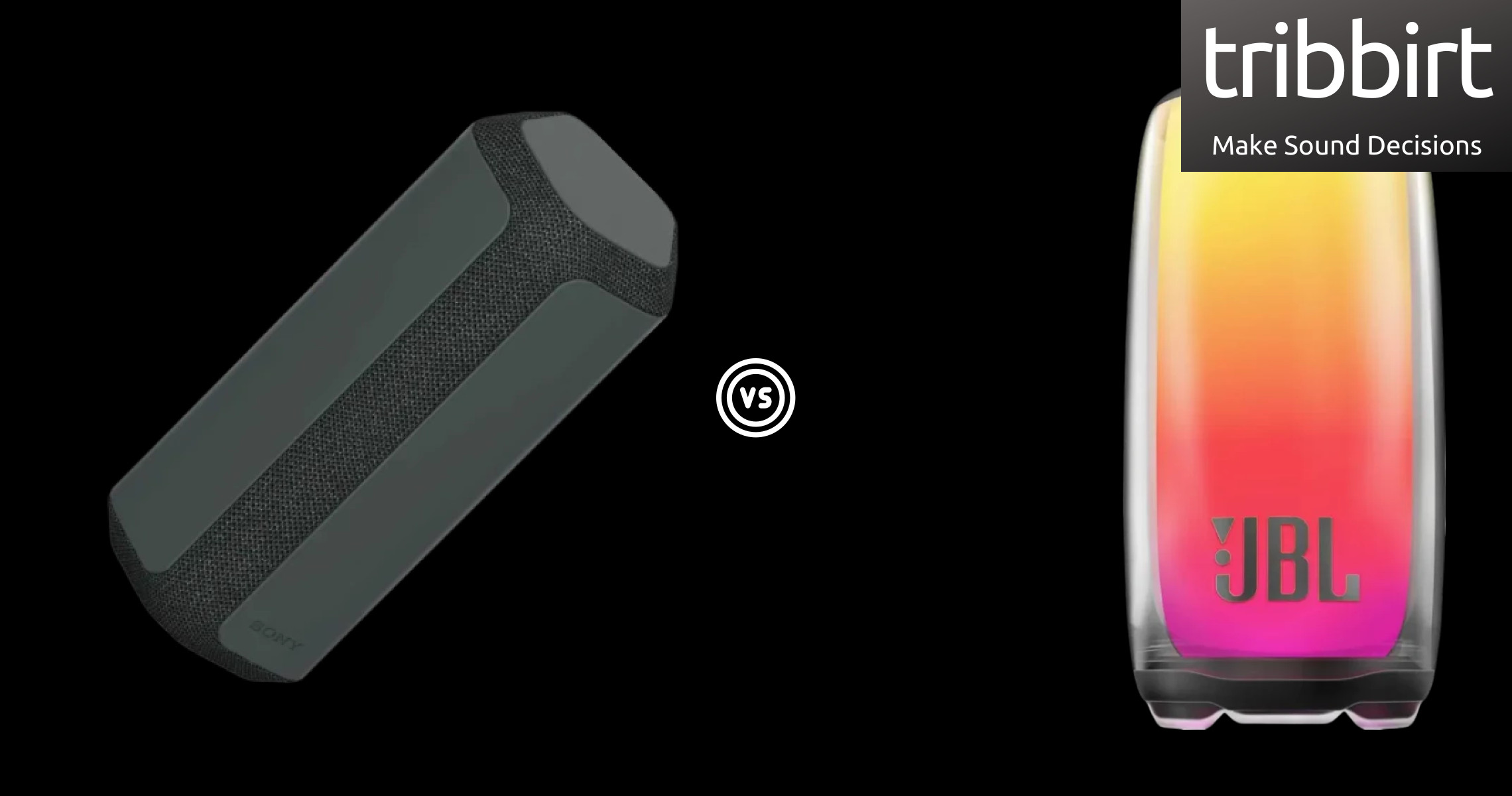
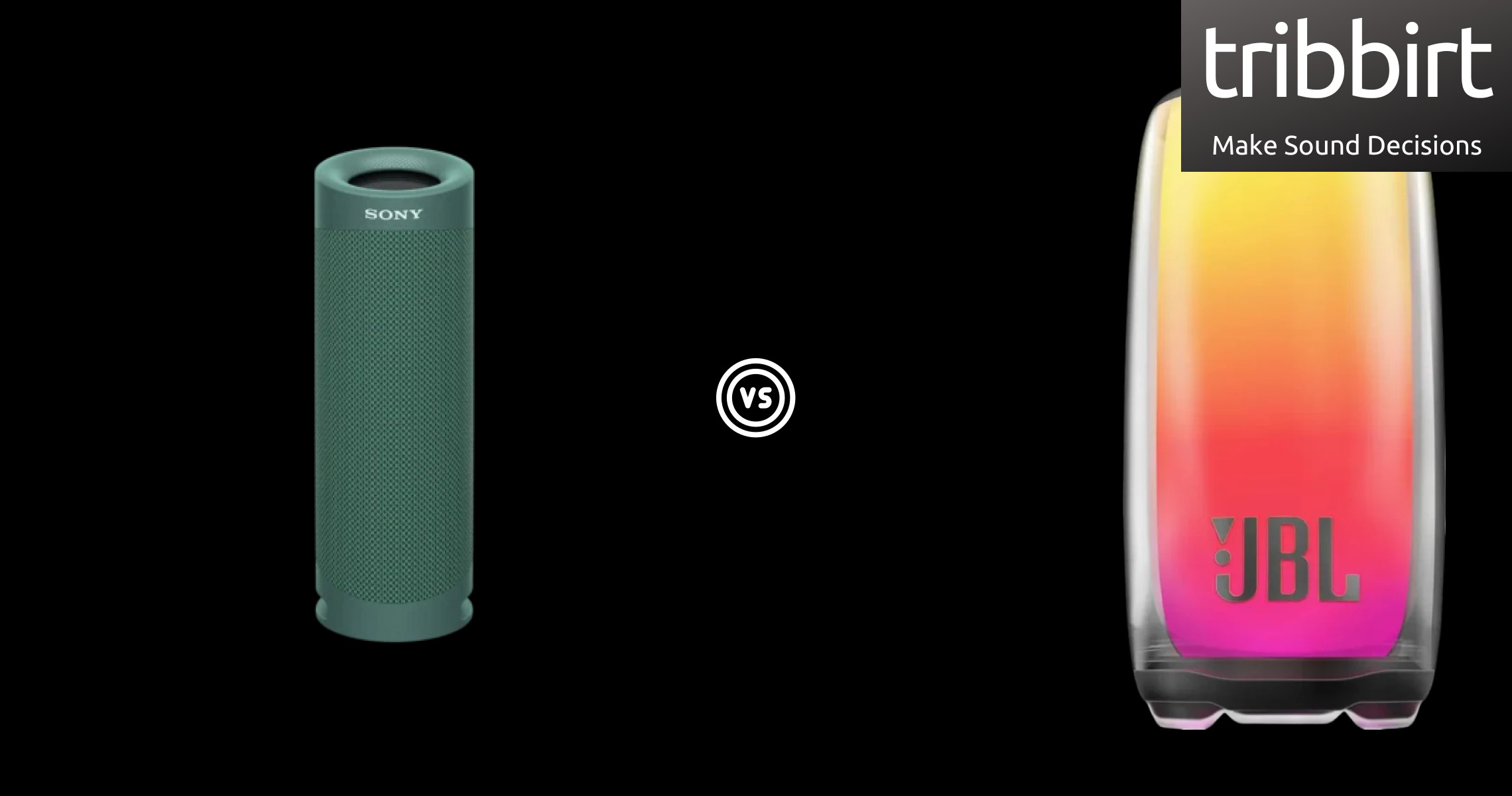
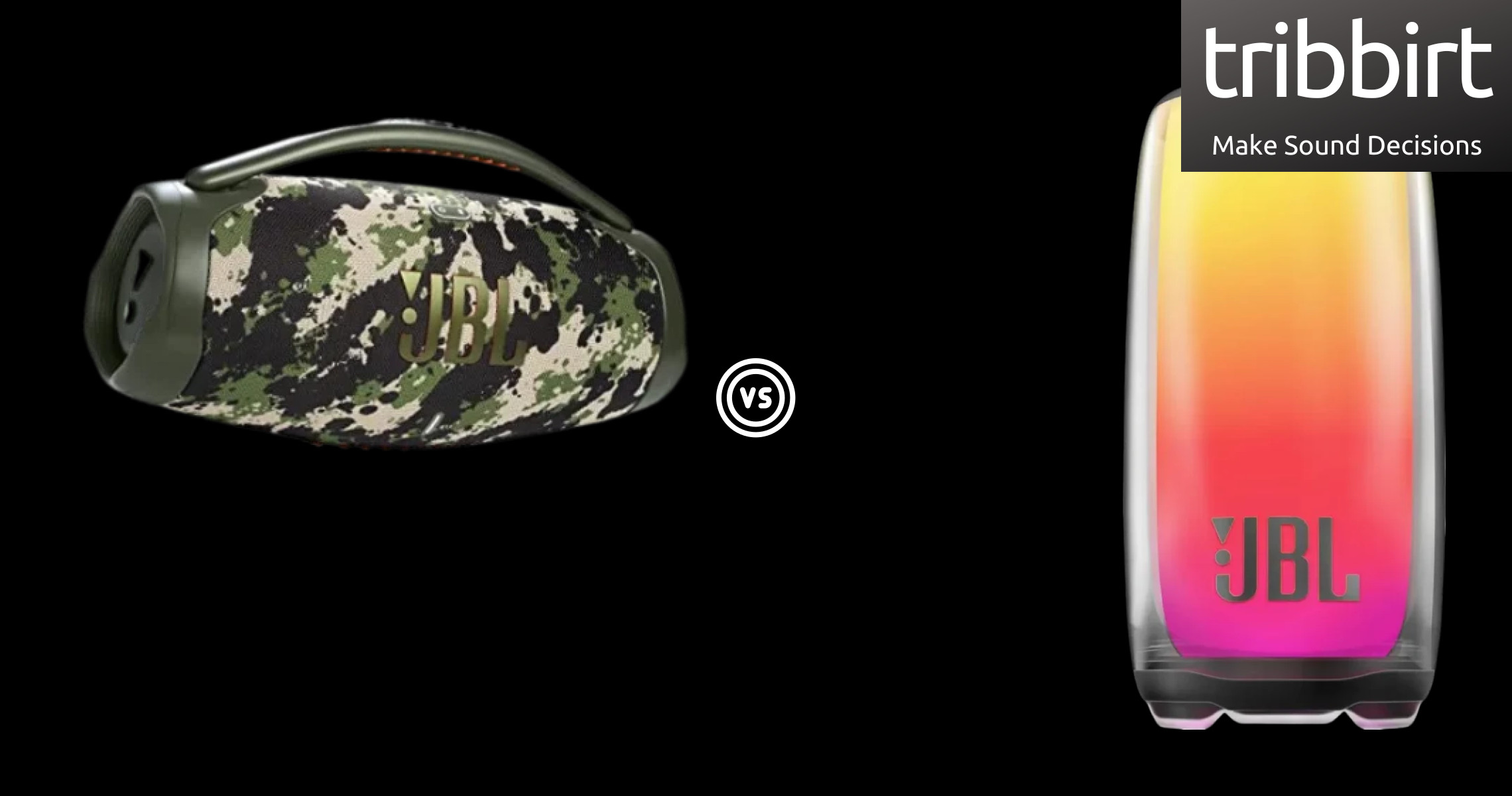
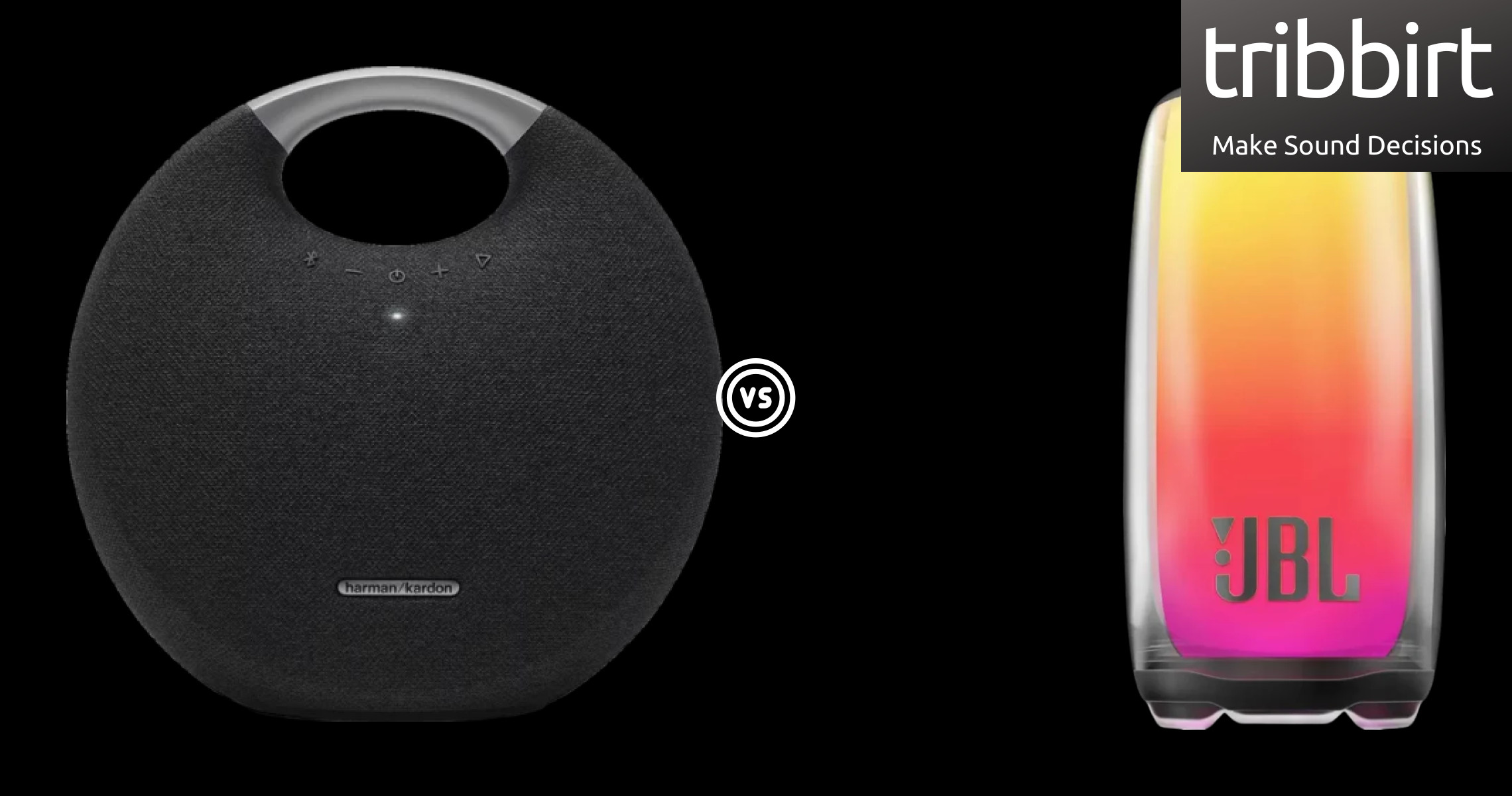
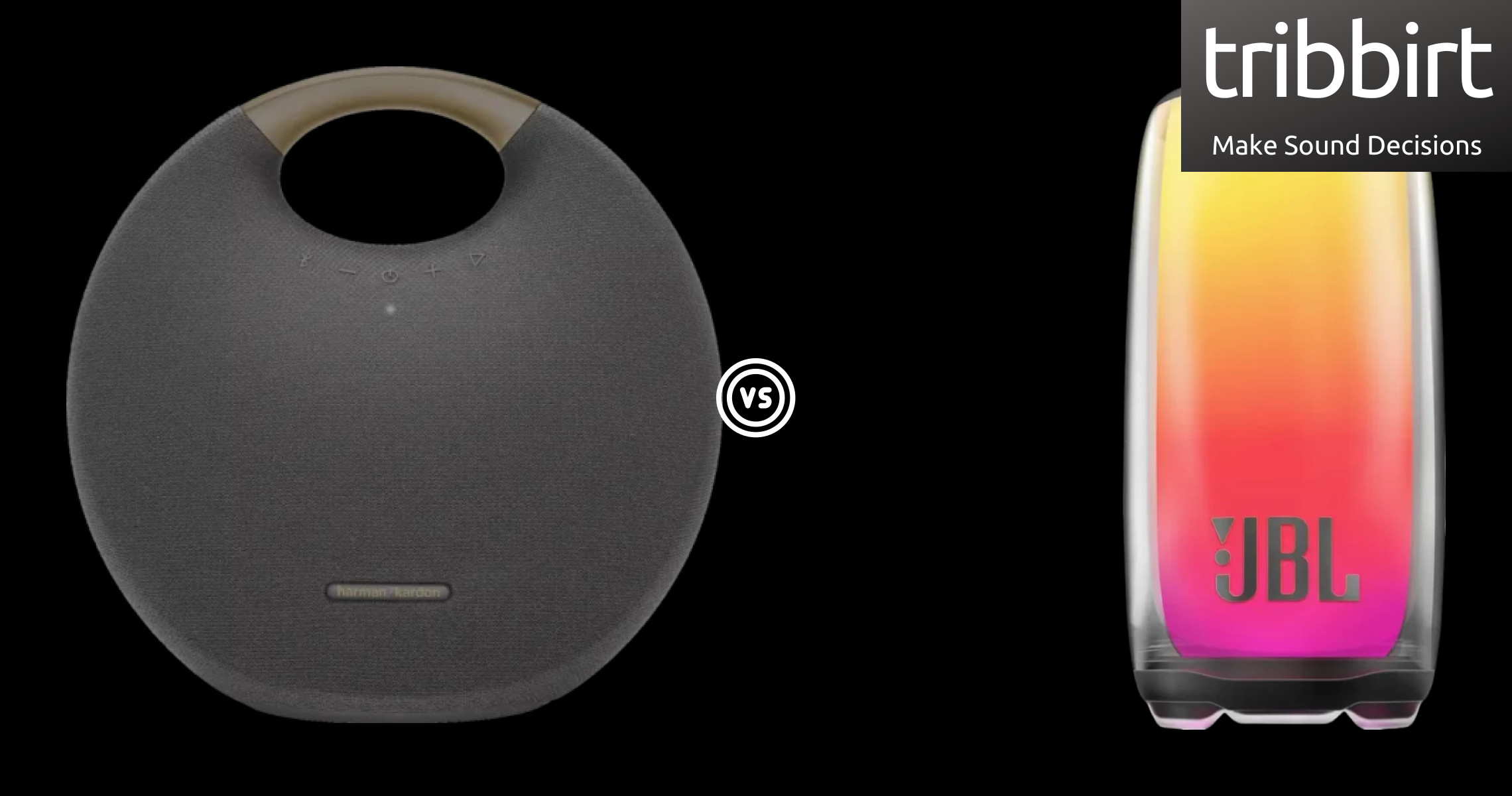
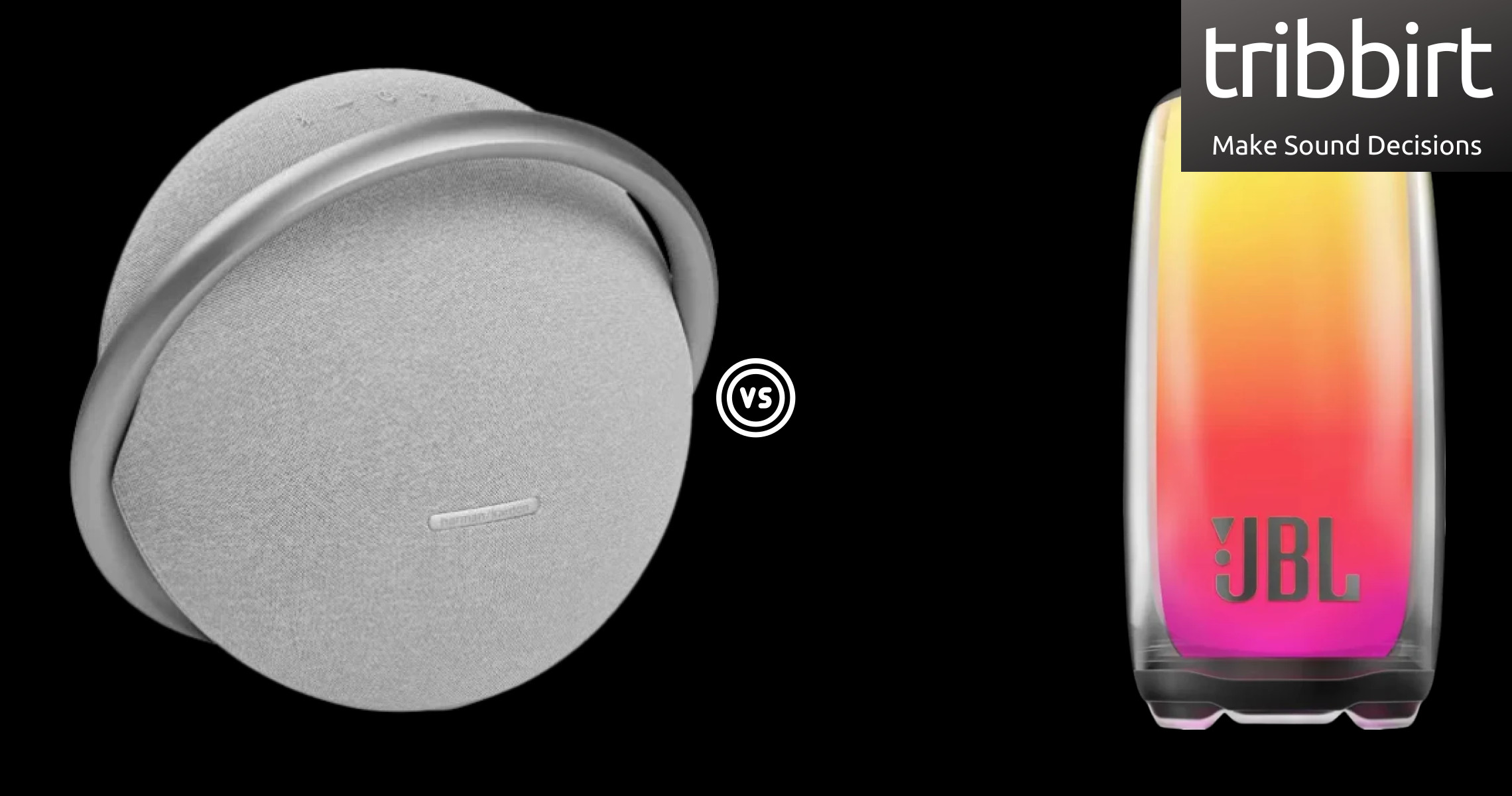
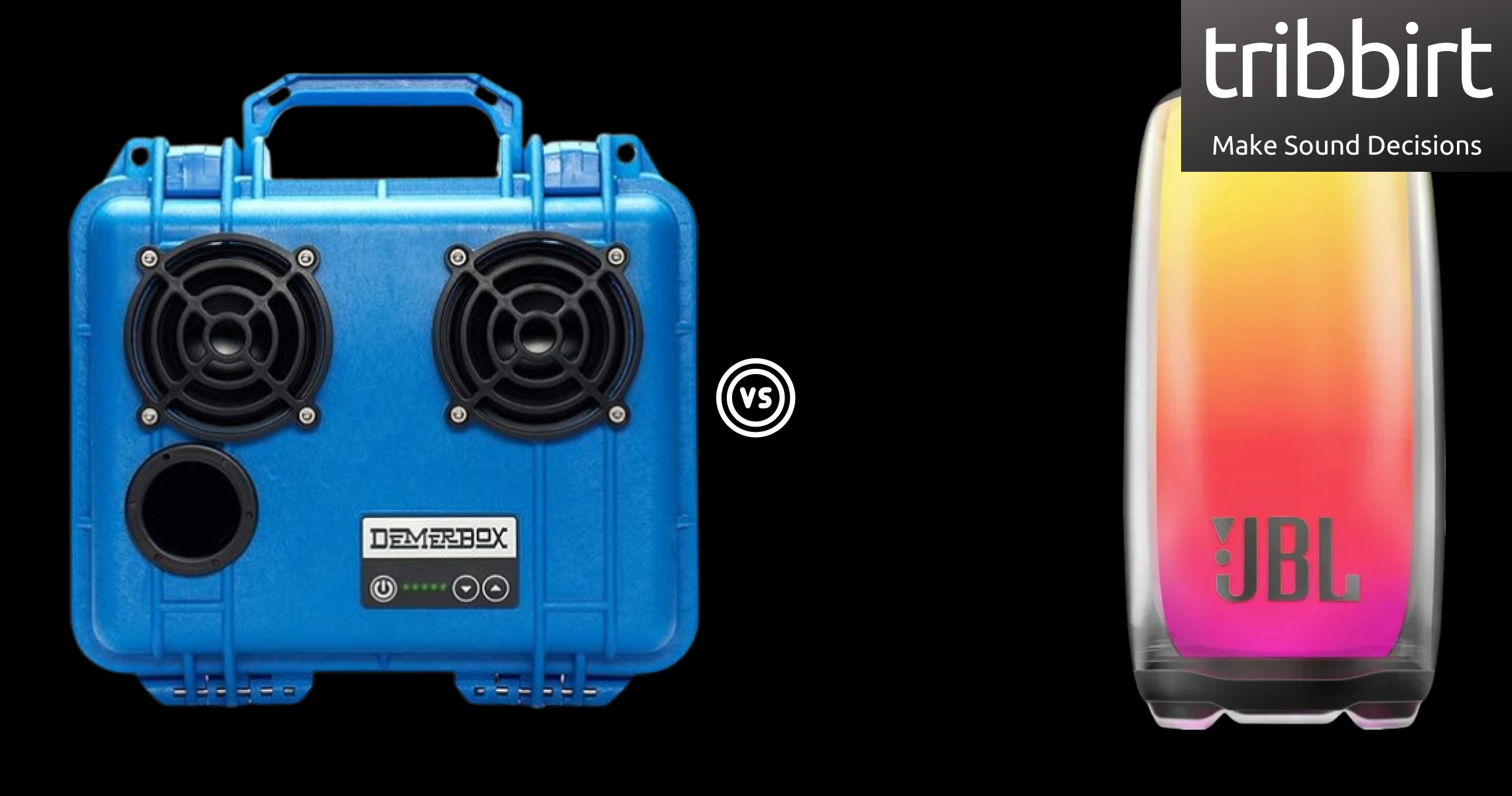


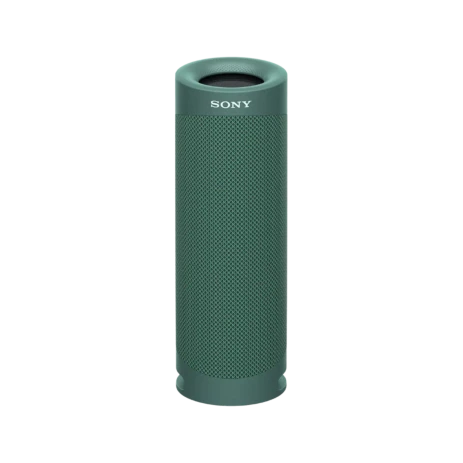 Sony Srs Xb23 Vs. Jbl Pulse 5 Review
Sony Srs Xb23 Vs. Jbl Pulse 5 Review
 Jbl Boombox 3 Vs. Jbl Pulse 5 Review
Jbl Boombox 3 Vs. Jbl Pulse 5 Review